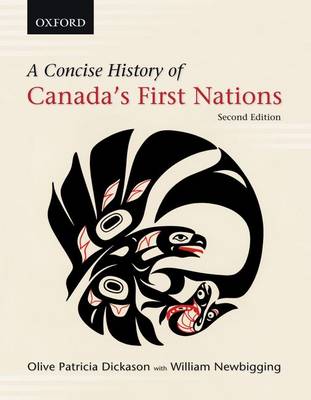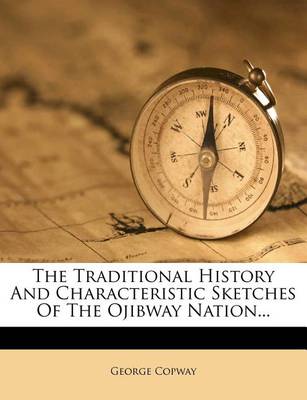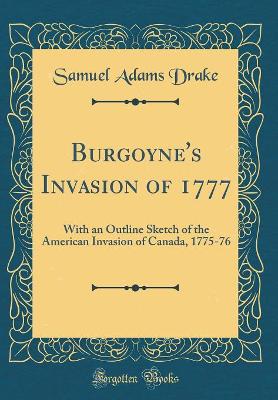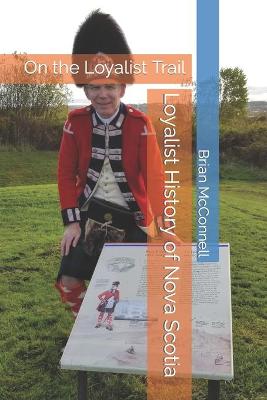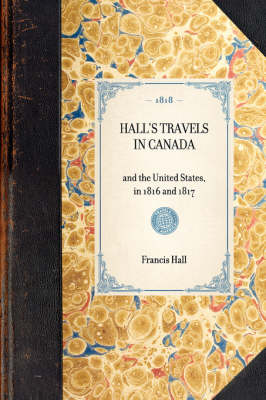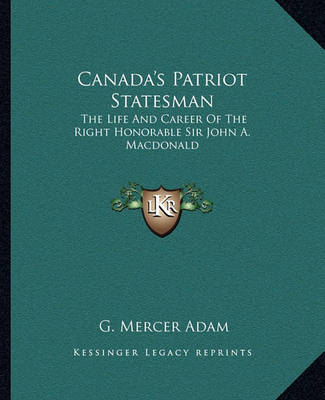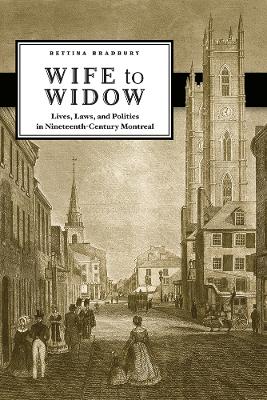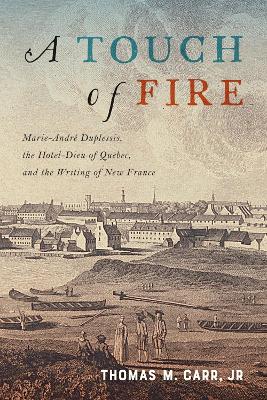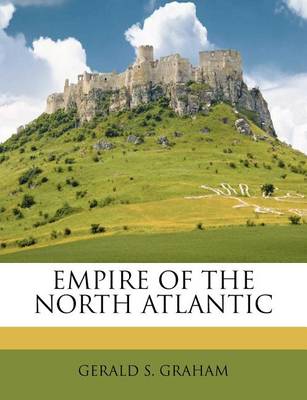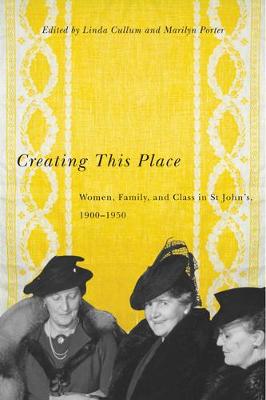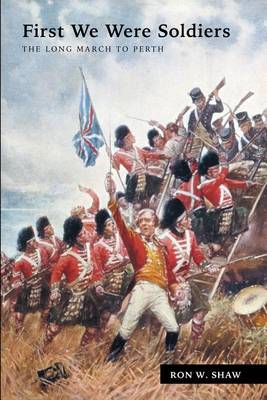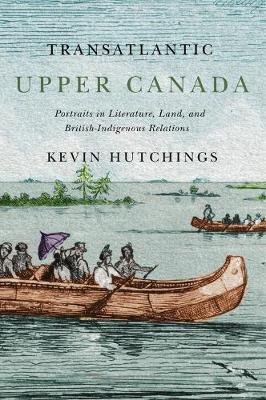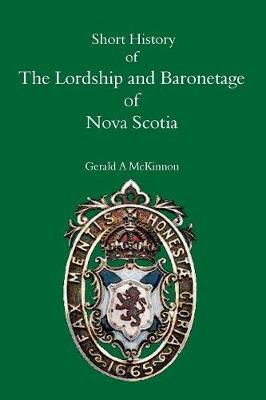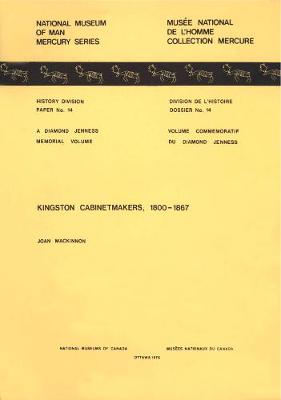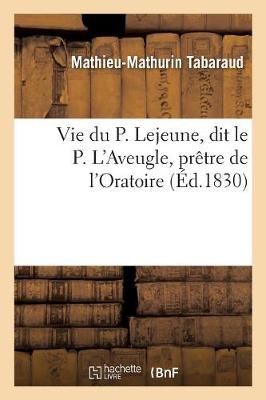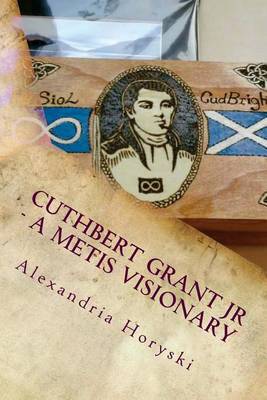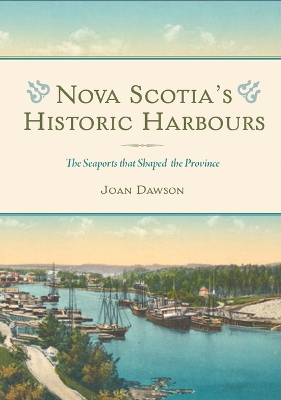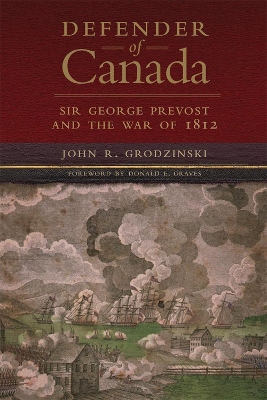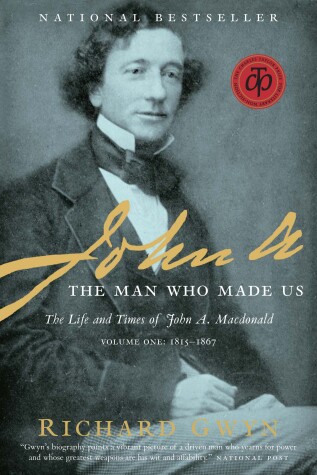A Concise History of Canada's First Nations
by Olive Patricia Dickason and William Newbigging
A Concise History of Canada's First Nations, second edition, is a revised, streamlined edition of the award-winning Canada's First Nations: A History of Founding Peoples from Earliest Times, designed to make First Nations' history more accessible to a broader readership. This edition contains a new final chapter covering Prime Minister Stephen Harper's 2008 apology to residential school survivors, the Caledonia land dispute in Ontario, and the First Nations Governance Act. In addition to more th...
The Traditional History and Characteristic Sketches of the Ojibway Nation...
by George Copway
The Traditional History and Characteristic Sketches of the Ojibway Nation (1850) was one of the first books of Indigenous history written by an Indigenous author. The book blends nature writing and narrative to describe the language, religious beliefs, stories, land, work, and play of the Ojibway people. Shelley Hulan's afterword considers Copway's rhetorical strategies in framing a narrative--she considers it a form of "history, interrupted"--for a non-Indigenous readership.
In 1759, after the battle on the Plains of Abraham outside Quebec City, the British general James Wolfe and the French general, Louis-Joseph Montcalm lay mortally wounded, each hit by a sniper's bullet. Neither could know that the outcome on the Plains of Abraham would shape the history of both the United States and Canada. After researching letters and journals and reading dozens of books, Joy Carroll has written a compelling account of the lives and times of the two generals which is both inti...
B.C. journalist Stephen Hume has said that fur trader and explorer Simon Fraser should be celebrated as the founder of British Columbia. Certainly, the achievements of the Scottish-descended United Empire Loyalist adventurer were impressive. During three extraordinary years, 1805-1808, Fraser undertook the third major expedition (after Alexander Mackenzie's and Lewis and Clark's) across North America, culminating in his famous journey down the river in British Columbia that now bears his name.Em...
This monumental study of two generations of women who married either before or after the Patriote rebellions of 1837-38 explores the meaning of the transition from wife to widowhood in early nineteenth-century Montreal. Bettina Bradbury weaves together the individual biographies of twenty women, against the backdrop of collective genealogies of over 500, to offer new insights into the law, politics, demography, religion, and domestic life of the time. She shows how women from all walks of life i...
A Touch of Fire (McGill-Queen's Studies in Early Canada / Avant le Canada)
by Thomas M. Carr, Jr
Marie-Andre Duplessis (1687-1760) guided the Augustinian sisters at the Hotel-Dieu of Quebec - the oldest hospital north of Mexico - where she was elected mother superior six times. Although often overshadowed by colonial nuns who became foundresses or saints, she was a powerhouse during the last decades of the French regime and an accomplished woman of letters. She has been credited with Canada's first literary narrative, Canada's first music manual, and the first book by a Canadian woman print...
Imagined Homes: Soviet German Immigrants in Two Cities is a study of the social and cultural integration of two migrations of German speakers from Eastern Europe and the Soviet Union to Winnipeg, Canada in the late 1940s, and Bielefeld, Germany in the 1970s. Employing a cross-national comparative framework, Hans Werner reveals that the imagined trajectory of immigrant lives influenced the process of integration into a new urban environment. Winnipeg's migrants chose a receiving society where th...
The twentieth century witnessed both the formation of Newfoundland as a self-conscious national entity and the construction of distinct and self-aware middle and upper classes in its capital city. This interdisciplinary collection examines the key roles played by women in the creation of this state and society, and the essential influence that gender, ethnicity, and religion played in class relations. Shifting class relations were formed in the salient political events of the first half of the t...
Transatlantic Upper Canada (McGill-Queen's Transatlantic Studies)
by Kevin Hutchings
Literature emerging from nineteenth-century Upper Canada, born of dramatic cultural and political collisions, reveals much about the colony's history through its contrasting understandings of nature, ecology, deforestation, agricultural development, and land rights. In the first detailed study of literary interactions between Indigenous people and colonial authorities in Upper Canada and Britain, Kevin Hutchings analyzes the period's key figures and the central role that romanticism, ecology, an...
A Short History of the Lordship and Baronage of Nova Scotia
by Gerald a McKinnon
Vie Du P. Lejeune, Dit Le P. l'Aveugle, Pretre de l'Oratoire (Religion)
by Tabaraud-M-M
When war broke out between Great Britain and the United States in 1812, Sir George Prevost, captain general and governor in chief of British North America, was responsible for defending a group of North American colonies that stretched as far as the distance from Paris to Moscow. He also commanded one of the largest British overseas forces during the Napoleonic Wars. Defender of Canada, the first book-length examination of Prevost's career, offers a reinterpretation of the general's military lea...
The first full-scale biography of Canada’s first prime minister in half a century by one of our best-known and most highly regarded political writers. The first volume of Richard Gwyn’s definitive biography of John A. Macdonald follows his life from his birth in Scotland in 1815 to his emigration with his family to Kingston, Ontario, to his days as a young, rising lawyer, to his tragedy-ridden first marriage, to the birth of his political ambitions, to his commitment to the all-but-impossible c...
